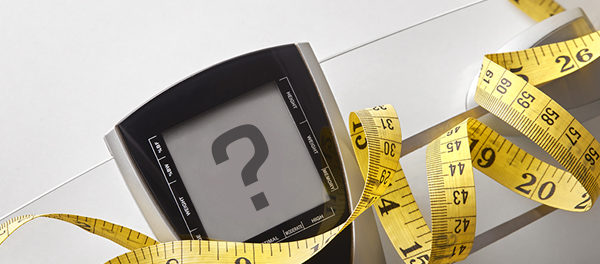Do Intermittent Fasting Diets Work?

Samantha Roberts is three weeks in to a six-week fasting experiment, and she’s tired. She’s hungry, she hasn’t been sleeping well, and she hasn’t lost any weight.
“I feel like I’m trying to change, but I don’t think I’m changing for the better,” she says. “I think I’m meaner. I think I’m shorter with people. I’m not as happy as I used to be.”
Samantha’s experience is not uncommon; many diets bring with them moments of hopelessness and frustration, especially when you’re required to overhaul ingrained habits. Under the guidance of dietitian Joanna McMillan and an expert team, Samantha is one of five people participating in a Catalyst fasting experiment, looking at intermittent fasting’s impact on weight loss, ageing, gut bacteria, and metabolic health. She is doing the 16:8 plan.
“I don’t eat from 8 o’clock at night till 12 midday the day after, so I fast for 16 hours,” Samantha explains. “Mornings I have black coffee, I’m allowed black coffee, black tea. But just no food. I’m getting there [but] maybe I didn’t realise what I was getting myself in for.”
Fasting is about more than weight loss.
Excerpted from ABC News













